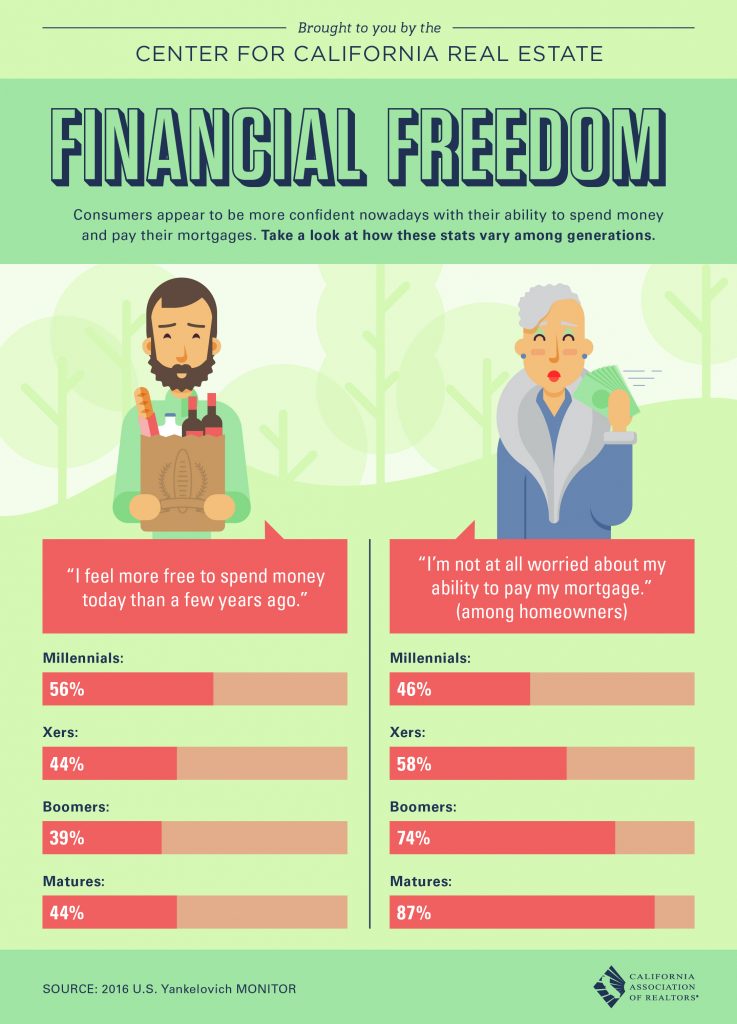First things first. I am not an attorney and cannot provide legal advice. I am only sharing information from my experience as a realtor. I always suggest that you seek legal advice from a licensed attorney on legal issues.
I am a licensed realtor in California only, and therefore this discussion is only applicable to California. California is a community property state and, generally speaking, real property purchased during a marriage is considered to be community property and owned equally by both spouses, regardless of who is paying the mortgage or whose name is on the deed. Speaking from personal experience, I have owned a home and gone through a divorce, and I have worked with clients who were experiencing divorce and selling their family home, and it is important to work together during the process and keep each other informed.
Keep in mind that you have options for handling your Divorce. Most of us have seen the movie, “The War of the Roses,” where everything about their divorce was an ugly court-litigated battle. No offense to attorneys meant by the following statement, but unfortunately, in that type of situation, the only winners are the attorneys. The more a couple fights, the more it costs them in attorney’s fees. So be smart. Working together to settle the issues between each other will go a long way to getting through the process with the least amount of pain.
My personal suggestion to anyone reading this blog post that may be contemplating a divorce is to consider looking for an attorney who practices Mediation and/or Collaborative Divorce. Both are out of court methods to handle your Divorce with less financial and emotional damage to your family.
If you are facing separation or divorce, the family home may need to be sold so that each party can receive their share of the equity in the home and hopefully be in a position to purchase a replacement property. Depending on the income of each party, this replacement home may need to be a smaller property, a condo or a townhouse.
Sometimes, it is possible for one spouse to “buy out” the other spouse by refinancing the home and paying one-half of the equity to the other spouse. However, with interest rates today, we may find that it takes the income of both spouses to qualify for the mortgage on the home and the spouse who wishes to remain in the home cannot qualify to refinance the mortgage on their own. Some lenders offer the option for one spouse to “assume” the mortgage after demonstrating that they have paid all of the payments on the loan for a period of time. This is rare, and can be an expensive and a lengthy process and you would have to check with your lender to see if this is an option for you.
Assuming that one spouse can afford to buy the other spouse’s interest in the property, the spouse coming off of the loan will need to sign an Interspousal Transfer Deed at the time of the refinance to remove them from title.
If the house was purchased using a VA loan, it may be in the best interest of the veteran to sell the home during the divorce so that the veteran can qualify for a VA loan on a future purchase. I suggest that the veteran read the VA Loans Booklet as well as to check with the Veterans Affairs office for more info.
If a divorcing spouse is over 62 years of age, he/she may qualify for a reverse mortgage on the property. If you are considering using this type of mortgage, always talk with an experienced reverse mortgage specialist about this option to see if you qualify and how this mortgage differs from a regular FHA or Conventional mortgage.
As a reminder, it is important to seek legal advice from an attorney and/or mediator if you are contemplating a divorce and want to sell your property, refinance your home to buy-out your spouse, assume the mortgage, or purchase another property before your Divorce is final.
There are important legal steps to ensure that the house will be considered your separate property and not community property after a refinance or buy-out. Many people erroneously believe that just because they have separated and filed a Petition for Dissolution with the Court, anything they purchase afterwards will automatically become their separate property. This is not always the case, so please do consult with an attorney.
I want to offer a special thank you to Lana M Shearer, Law and Mediation, APC. for taking the time to review this post for me.


I’ve made it my personal mission to help home sellers who may be going through a difficult time and need help to guarantee a quick and stress-free home sale. Do you know anyone going through a divorce who might benefit from free real estate advice? Get A Copy Of My Free Book Here: https://jackedwards.book.live/divorce-book